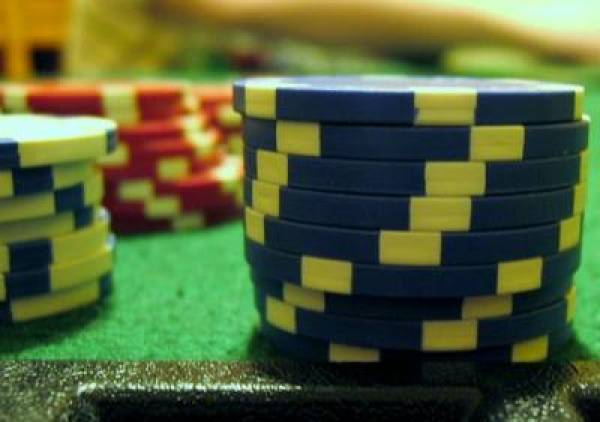Poker Is A Sport According To The Department Of Labor

Posting on the popular Two Plus Two Forums, an individual reveals how the Department of Labor views poker, not as a game of skill (as the Poker Players Alliance wants everyone to believe), but as a sport.
The individual in question was attempting to form a State of California vocational school for the profession of “Professional Poker Player”, a grand idea if you ask us here at Gambling911.com.
The only obstacle standing in the way: He needed a federal listing for Professional Poker Player from the Occupational Code Assignment (previously known as the Federal Dictionary of Occupational Titles).
Seems easy enough, right?
Not so fast.
I quickly found out that there was no such federal listing for Professional Poker Player. Listed under amusement & recreation were “Gambling Monitor” code #343.367-014, “Gambling Dealer” code #343.464-010, “Card Room Attendant I (chip person) code #343.467-010 and “Card Player” (prop player employed by a casino) code 343.367.010. There was no title or code for a person whose sole source of income was as a self-employed professional poker player.
After several back-and-forth e-mails with the government analyst assigned to evaluate my request, it was submitted to their committee and approved. It was approved under the occupational title of “Athletes and Sports Competitors” code #27-2021.00. The definition of a Professional Poker Player is:
“Participates in competitive poker events, such as single table games and multiple table tournaments as his full-time occupation. Plays poker and engages in game conforming to established rules, betting, and regulations. Appraises each poker table or poker tournament as to the skill of other players. Keeps track of other poker player’s skill and betting habits. Has knowledge of poker-hand probabilities and bets accordingly. Has knowledge of poker playing money management. Interacts with other poker players at gaming tables or tournaments. Plays poker at single tables up to 12 hours a day or tournaments lasting for days. Must have the physical and mental endurance to concentrate for long hours of play. Must have the mathematical skills of poker strategy and probabilities. Must have the psychological skills to ‘read’ other poker players. Must have the ‘poker feel’ of knowing who and when to ‘bluff.’ Must have the knowledge of the rules of the poker game he is playing.
ESPN, the cable sports network, probably shows more poker coverage of poker programming than most other sports combined, at least that is our observation. They carry the World Series of Poker (on tape) and the final table next month (on tape delay, nearly live). – Patrick Flanagan, Gambling911.com








